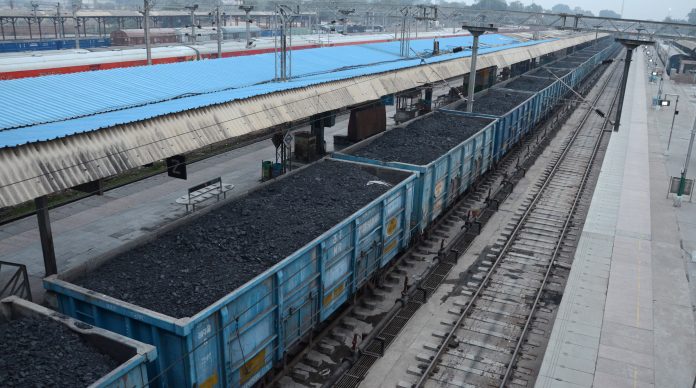New Delhi: Power distribution companies will soon be compelled to buy electricity at higher rates as a large number of states have either placed orders or have approached the Centre for permission to import coal whose rates are at record highs.
Combined with the unusually high shipment costs, the power from this source, which will be available from June-July will be at much higher rates.
Three of the country’s most industrialised states – Maharashtra, Tamil Nadu and Gujarat – have asked the Centre for permission to import a cumulative one crore tonnes of coal which will be blended with domestic coal. Indonesia, Australia, South Africa and Russia will be the main destinations from where coal will be sourced.
Punjab, UP, Madhya Pradesh, Haryana and Karnataka are also scouring for imported coal. Punjab is understood to be looking to import 6.25 lakh tonnes in the first tranche. Maharashtra has already ordered 20 lakh tronnes and Tamil Nadu 20 lakh tonnes.
Power outages have been reported from Punjab, Haryana, UP, Maharashtra and Andhra Pradesh.
The Centre has already relaxed its norms by allowing states to import 10 per cent of their coal requirement as against the earlier 4 per cent.
The imported costs in all cases will be passed on to state power distribution companies.
In addition, private sector power producers will also be allowed run their plants with imported coal.
However, official sources said there should be no cause for panic and referred to Coal Minister Prahlad Joshi’s statement that with 100 million tonnes of coal readily available domestically, the situation is comfortable for a month though the stocks at thermal plants are lower than should be the case.
The rise in international coal prices has led to several import-dependent private power plants to scale back capacity. It is estimated that only 6.7 GW is being generated by these plants as against a capacity of 17 GW. Added to this is the sudden onset of summer that has increased demand and reported shortage of railway rakes that has led to low stocks at domestic coal-based power plants which are anyway trying to make up for the lower generation by private plants.


